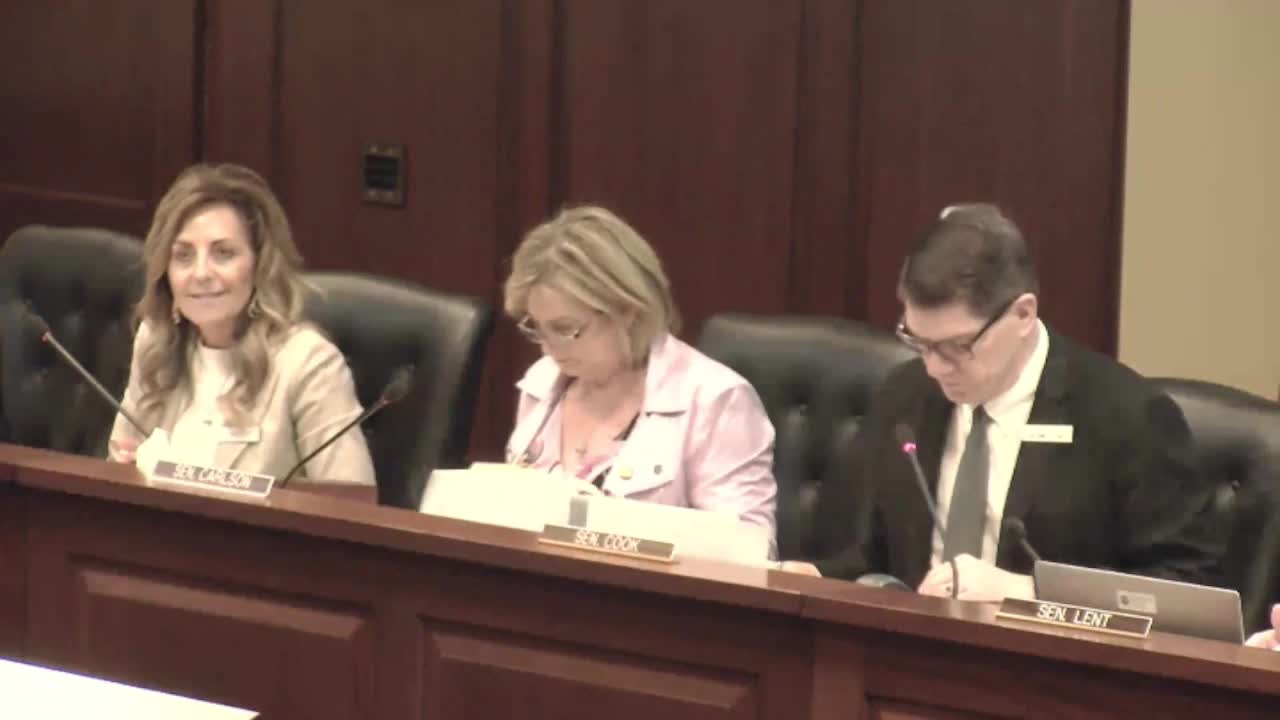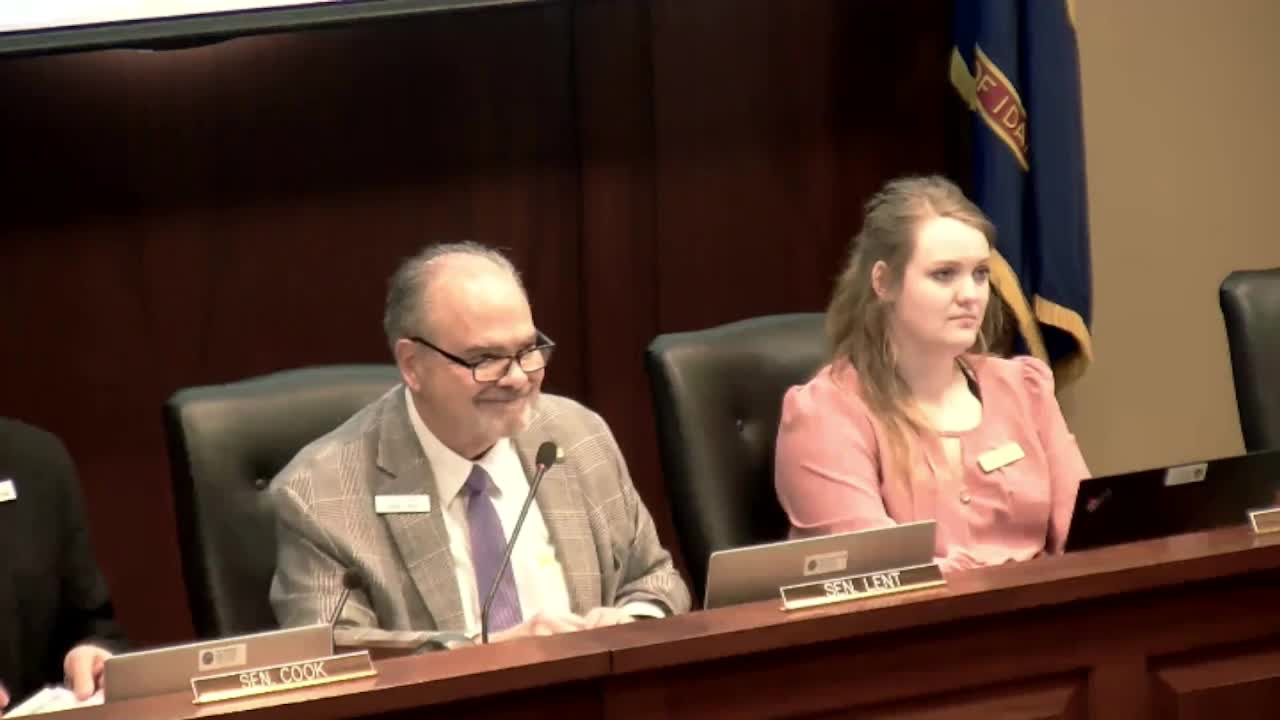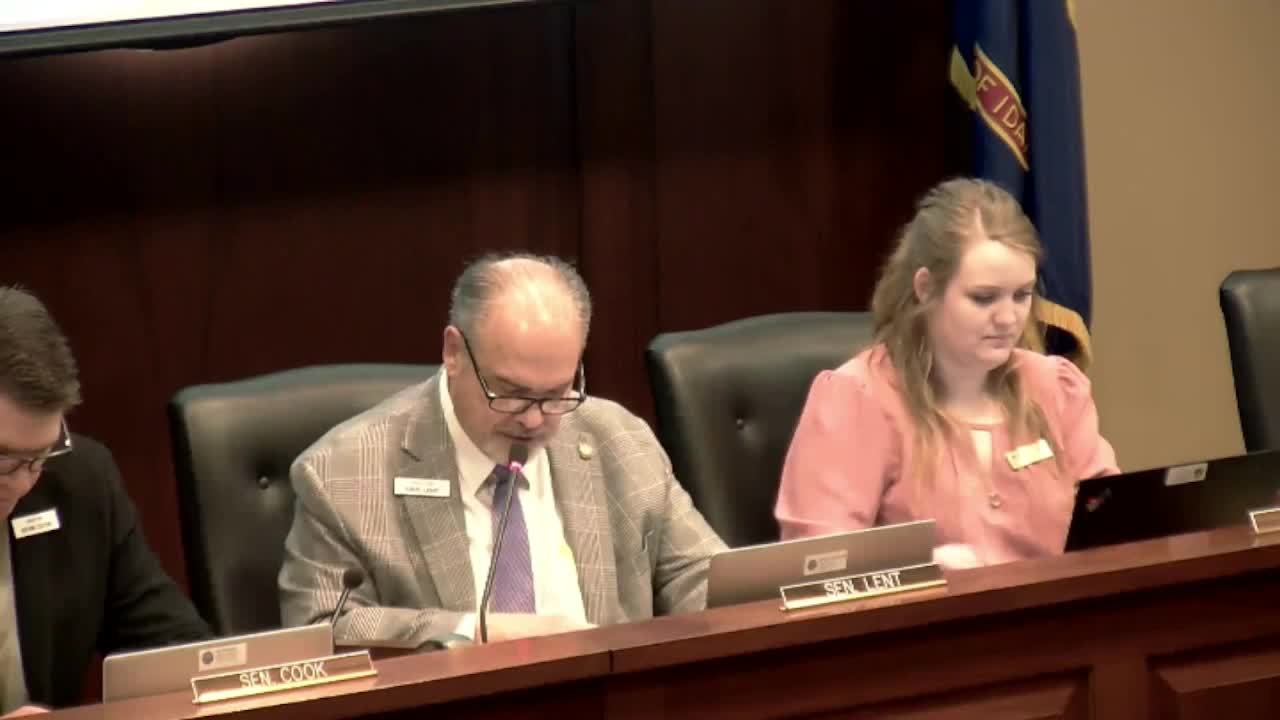Article not found
This article is no longer available. But don't worry—we've gathered other articles that discuss the same topic.

State education staff brief committee on 2024 standards, special education manual and proposed graduation requirement changes including a new digital literacy,\

Committee prints bill to require fetal development instruction in grades 5–12

